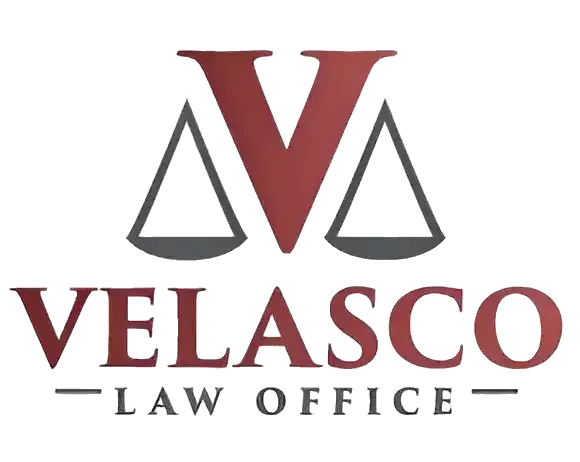What Happens to My Home If I File for Bankruptcy in New Jersey?
What Happens to My Home If I File for Bankruptcy in New Jersey?
Filing for bankruptcy can feel overwhelming—especially when you're concerned about keeping your home. At Juan C. Velasco, Esq., we understand how important your property is to you. If you're considering bankruptcy in New Jersey, here’s what you need to know about what happens to your home.
1. The Type of Bankruptcy Matters
There are two main types of consumer bankruptcy:
- Chapter 7: This is a liquidation bankruptcy. Non-exempt assets may be sold to pay off creditors.
- Chapter 13: This is a reorganization bankruptcy that allows you to repay some or all of your debt over a 3- to 5-year period.
If you're current on your mortgage and file under Chapter 13, you're more likely to keep your home.
2. New Jersey’s Homestead Exemption
Unlike many states, New Jersey does not have a state-specific homestead exemption. However, you can use the federal exemption, which protects up to $27,900 in home equity (as of 2025). If you’re married and filing jointly, that amount doubles to $55,800.
This means that if the equity in your home is less than the exemption, your home is more likely to be protected in a Chapter 7 bankruptcy.
3. Are You Behind on Mortgage Payments?
If you’re behind on your mortgage:
- Chapter 13 can allow you to catch up on missed payments while keeping your home.
- Chapter 7 may not help you avoid foreclosure unless your lender agrees to a loan modification.
4. Is There Equity in Your Home?
The amount of equity you have in your home can determine whether the bankruptcy trustee might try to sell it in Chapter 7. If your home’s equity exceeds the exemption limits, it may be at risk.
5. Automatic Stay Protection
When you file for bankruptcy, an automatic stay goes into effect. This temporarily stops foreclosure proceedings and collection efforts, giving you some breathing room. However, lenders can ask the court to lift the stay.
6. Legal Guidance Is Critical
Every bankruptcy case is unique. How your home is treated depends on:
- The type of bankruptcy you file
- Your current mortgage status
- The value and equity in your home
- How exemptions apply to your case
At Juan C. Velasco, Esq., we assist New Jersey residents in navigating these complex issues. We’ll help you understand your options and protect your interests.








